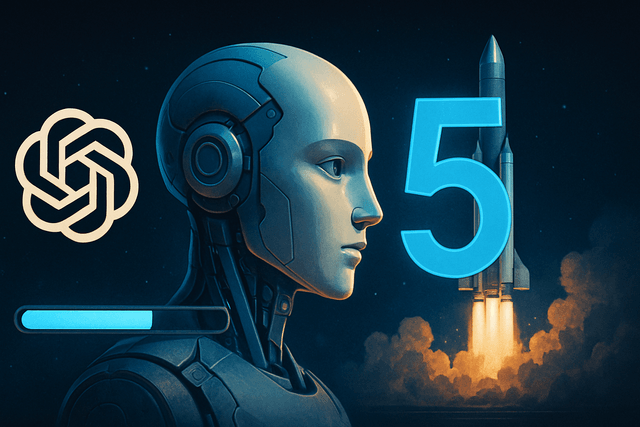OpenAI is preparing to launch its next-generation large language model, GPT-5, this summer, marking a significant advancement in artificial intelligence technology.
CEO Sam Altman confirmed the timeline during the company's first podcast, though he didn't specify an exact release date. "I don't know exactly when," Altman said, noting that the model's launch depends on meeting OpenAI's internal benchmarks and safety standards.
According to multiple sources, GPT-5 represents a substantial leap forward from GPT-4. Enterprise customers who received early demos describe it as "materially better" than its predecessor, with vast improvements in performance. The new model is expected to eliminate the "laziness" sometimes observed in GPT-4 and provide more reliable responses.
GPT-5 will unify OpenAI's various AI technologies into a cohesive system, integrating the company's reasoning models (like o1 and o3) with traditional GPT models. This approach aims to create what Altman calls "magic unified intelligence" - a system that can use all of OpenAI's tools and determine when to engage in deeper reasoning.
During the podcast, Altman also addressed potential monetization strategies for ChatGPT. While he stated he's "not totally against" advertising, he emphasized that implementation would require careful consideration. "If we started modifying the output, like the stream that comes back from the LLM, in exchange for who is paying us more, that would feel really bad," Altman said. "I think that'd be like a trust-destroying moment."
The GPT-5 launch comes as OpenAI faces mounting operational costs, reportedly spending between $3-4 billion annually to maintain ChatGPT, with projections showing $12.7 billion in revenue for 2025. The company has primarily relied on subscription services and enterprise partnerships for revenue, but is exploring additional monetization options that don't compromise user experience or trust.

